Save money on your restoration project
How can you economise on a big country-house restoration project? By not moving in for two years, finds Arabella Youens


The purchaser who exchanged contracts on Stanford Park Farm in Stanford in the Vale, Oxfordshire, at the end of last month has a large project on his hands. The ringfenced residential farm of 240 acres just outside Wantage with its Grade II-listed Georgian farmhouse and extensive range of modern and traditional farm buildings requires complete refurbishment. ‘It had huge interest as it appeared to be such good value at a guide of £2.2 million, but we had a high fall-out rate once people starting digging and discovered what the restoration costs might be,' explains Richard Binning of Savills (01865 269168). After the interested parties were whittled down to 12, it went to sealed bids and sold to a local buyer.
A buildings survey, given to each prospective buyer, suggested that the basic spec costs would run to £1 million even before their imaginations started to get to work, but, points out Jonathan Bramwell of The Buying Solution (01608 690780), the buyer had one quirk of the VAT law on his side: if you can prove that a house has been unoccupied for two years, you're in a position to pay the reduced rate of 5% VAT on all the capital spend on renovations. ‘With probate sales such as this one, this condition can become very interesting,' he explains.
* Subscribe to Country Life and receive a bottle of single malt
The market for large country houses that require extensive work has suffered in the past few years. ‘Before the crash, this kind of project to take on an unimproved property was the absolute dream, but, nowadays, buyers are more inclined to buy something that has already been done properly where you can easily gauge what the additional spend might be,' comments Mr Binning.
‘And, don't forget, although once you were able to make alterations to listed buildings without paying any VAT, that bonus was removed in 2012,' adds Dawn Carritt of Jackson-Stops & Staff (020-7664 6646). ‘This makes it even more onerous for buyers who want to tackle this kind of project.' Sean McGinness of The VAT Consultancy (01962 735350) says the ‘Empty Homes Condition' isn't well known about in the industry. ‘We're increasingly advising clients about this. It can be particularly beneficial, for example, when a probate sale arises and the children inheriting the property want to refurbish it and sell it on.
It can, however, apply in any scenario where a residential property has been empty for two years,' he explains. ‘It's also worth noting that, if you buy a property that you can prove has already been empty for two years, you can move in and still pay 5% VAT on qualifying works. However, all of the construction work needs to take place within a year of the date the property was acquired.'
Obviously, this isn't a solution that will fit everyone's needs. ‘For the majority of people taking on restoration projects, they've either got to be able to rent a house while the work is going on or live in the existing house and embrace the chaos-both of which could outweigh the savings you might make on VAT,' adds Miss Carritt. However, argues Mr Bramwell, ‘when you're talking about taking on a project that will cost £5 million, it's worth waiting those extra few months before starting if it instantly saves £750,000. In this instance, the best plan is to concentrate on doing up a cottage to live in first and then waiting for the clock to tick.'
Sign up for the Country Life Newsletter
Exquisite houses, the beauty of Nature, and how to get the most from your life, straight to your inbox.
* Follow Country Life property on Twitter
-
 Two quick and easy seasonal asparagus recipes to try this Easter Weekend
Two quick and easy seasonal asparagus recipes to try this Easter WeekendAsparagus has royal roots — it was once a favourite of Madame de Pompadour.
By Melanie Johnson Published
-
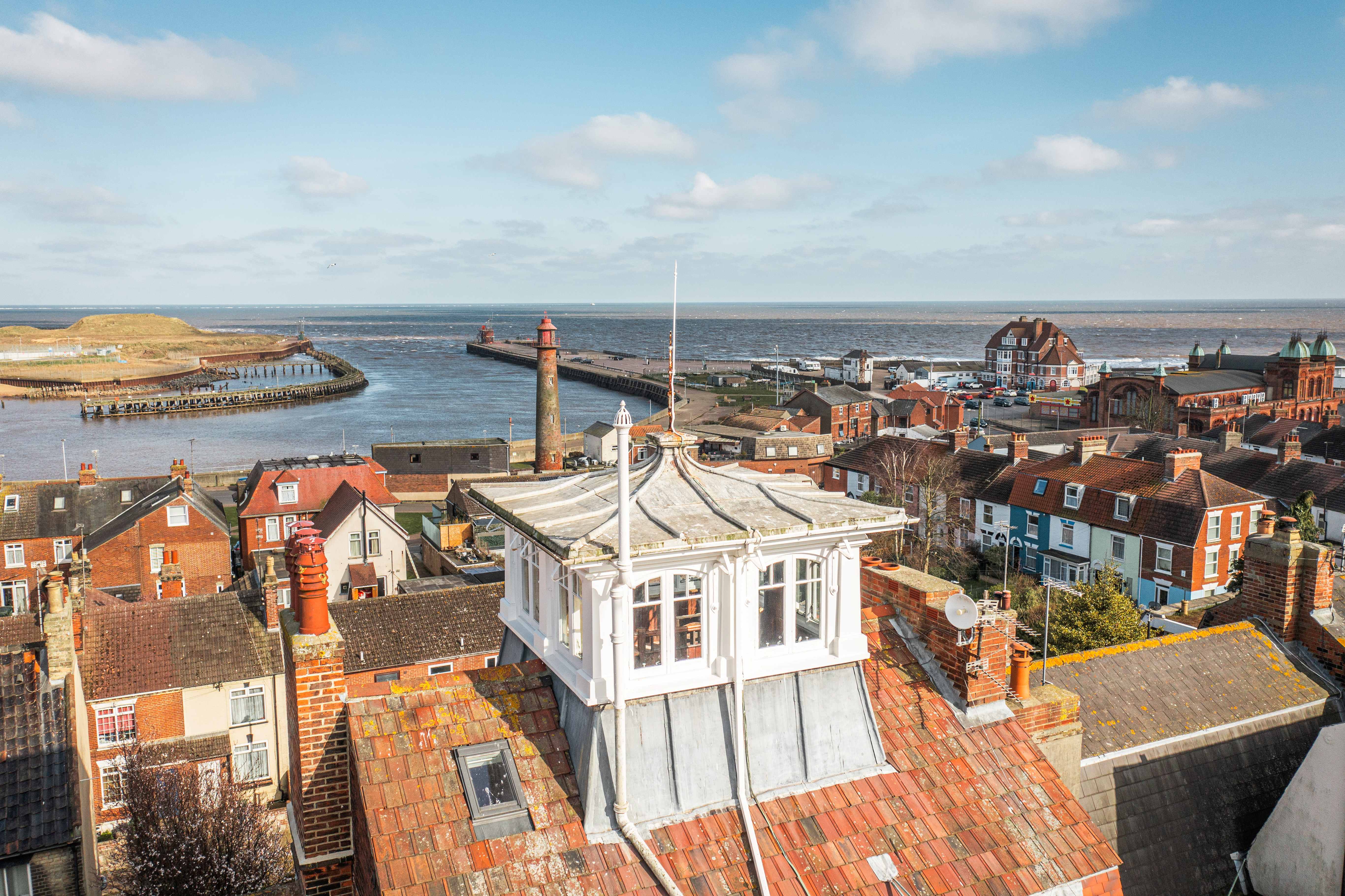 Sip tea and laugh at your neighbours in this seaside Norfolk home with a watchtower
Sip tea and laugh at your neighbours in this seaside Norfolk home with a watchtowerOn Cliff Hill in Gorleston, one home is taller than all the others. It could be yours.
By James Fisher Published
-
 What to expect when you're expecting (to move to the countryside)
What to expect when you're expecting (to move to the countryside)On March 28, agents Michael Graham will be showcasing some of their best countryside properties at their west London office.
By James Fisher Published
-
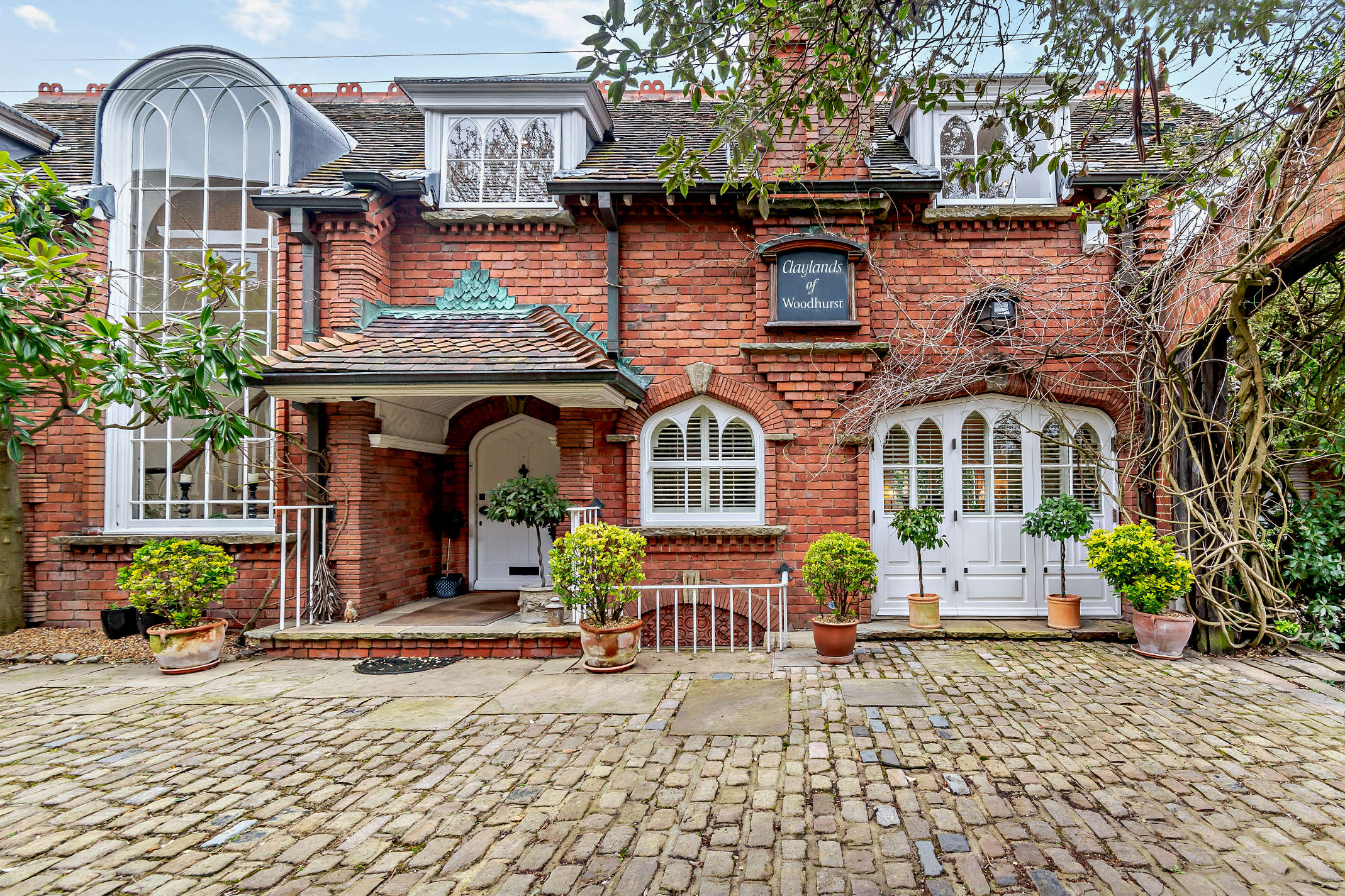 Property Talk: When is the right time to downsize?
Property Talk: When is the right time to downsize?Sometimes our homes can get too big for us, meaning it’s time to downsize. Here, we speak to those involved with the process.
By James Fisher Published
-
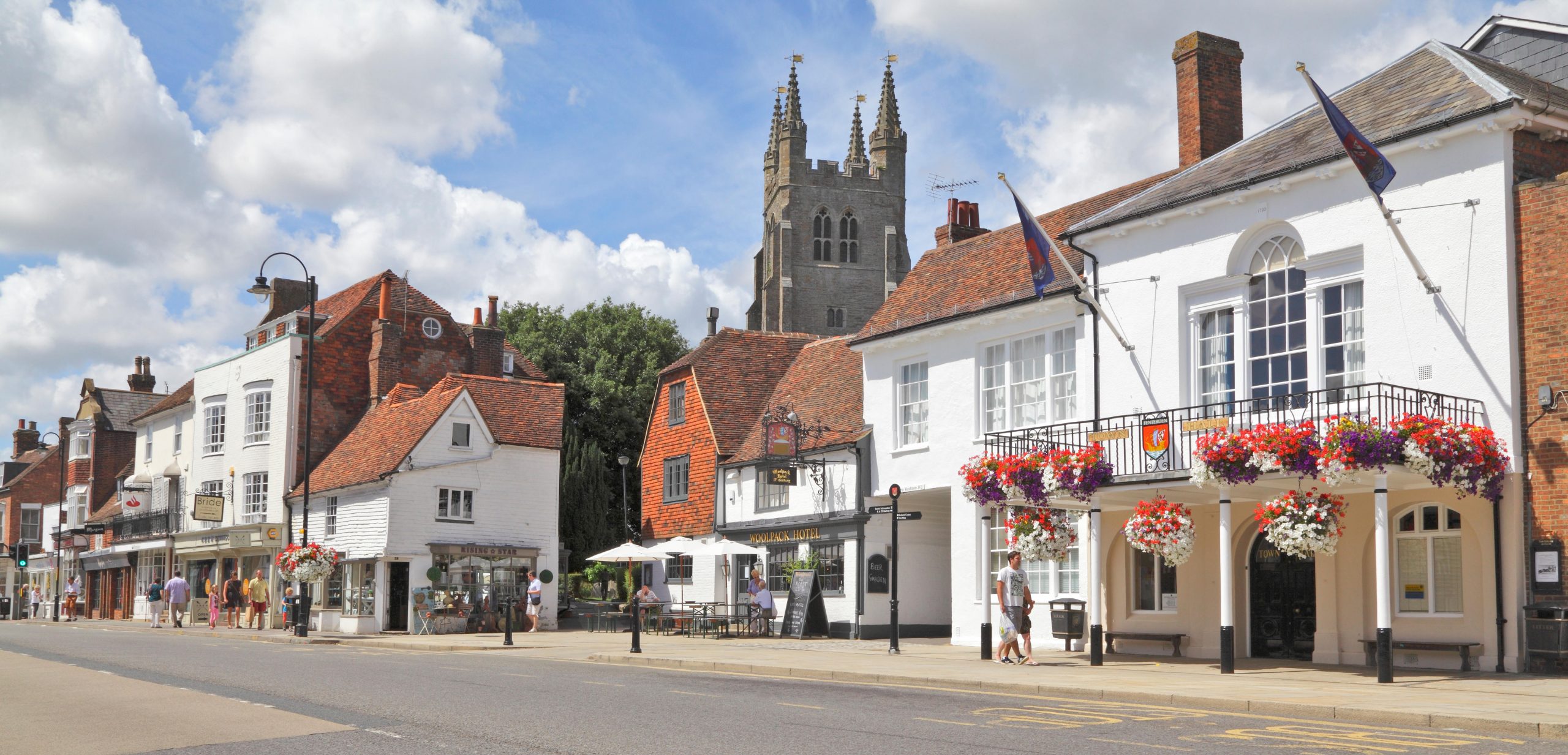 How to win in the property market: Tips from some of Britain's best buying agents
How to win in the property market: Tips from some of Britain's best buying agentsWhether looking for the perfect family home or negotiating on price, buying agents do the heavy lifting–and are well used to analysing the market. Carla Passino gets advice from a few of the best.
By Carla Passino Published
-
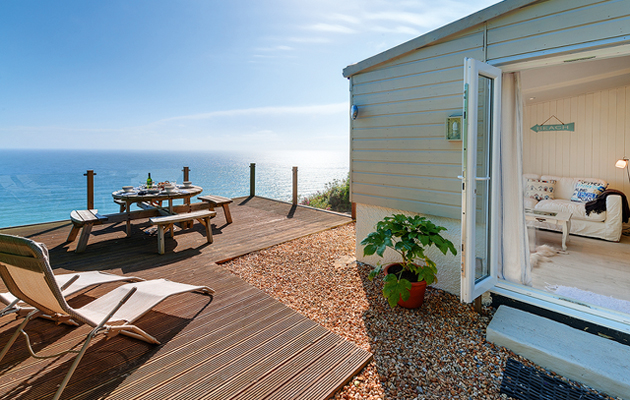 Top tips on renting your holiday home
Top tips on renting your holiday homeThe holiday-home market on the Cornish coast looks set for a lively summer. Arabella Youens finds out how to make the running costs bearable.
By Arabella Youens Published
-
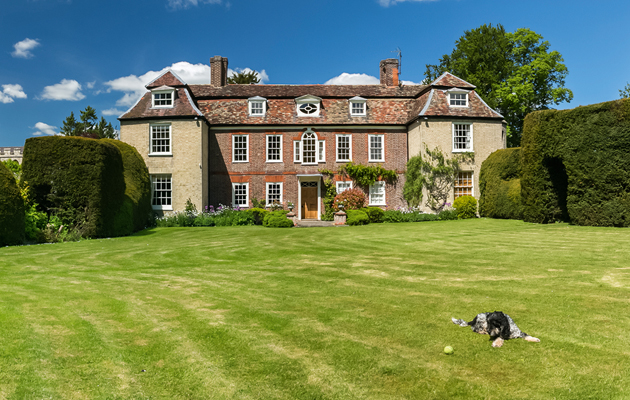 Tips and advice for holiday home owners
Tips and advice for holiday home ownersWith the start of the summer season nearly upon us, more and more country-house owners are dipping into the short-let scene.
By Country Life Published
-
 Property guide to Elstead
Property guide to ElsteadFreddie Mack shares the secrets of Elstead in Surrey, a prime spot for young families looking for properties outside London near good schools
By Country Life Published
-
 Property guide to Cheriton
Property guide to CheritonIf you're considering buying property in or around Cheriton this year, take a look at our property guide which covers where to buy, what prices to expect and where to have fun in the area
By Country Life Published
-
 Make your holiday let work for you
Make your holiday let work for youIf you're considering renting out your holiday property prepare by reading this first
By Country Life Published
